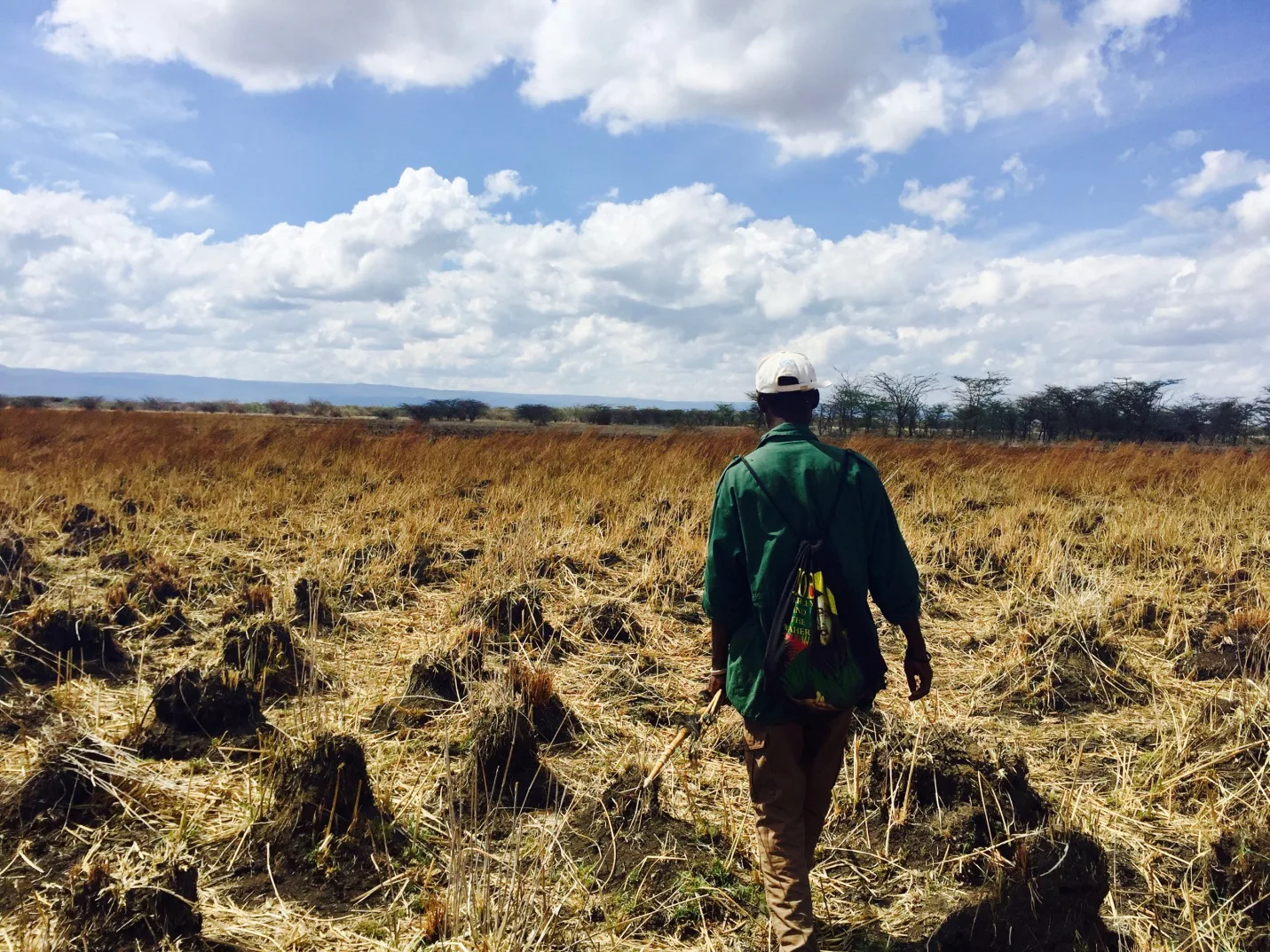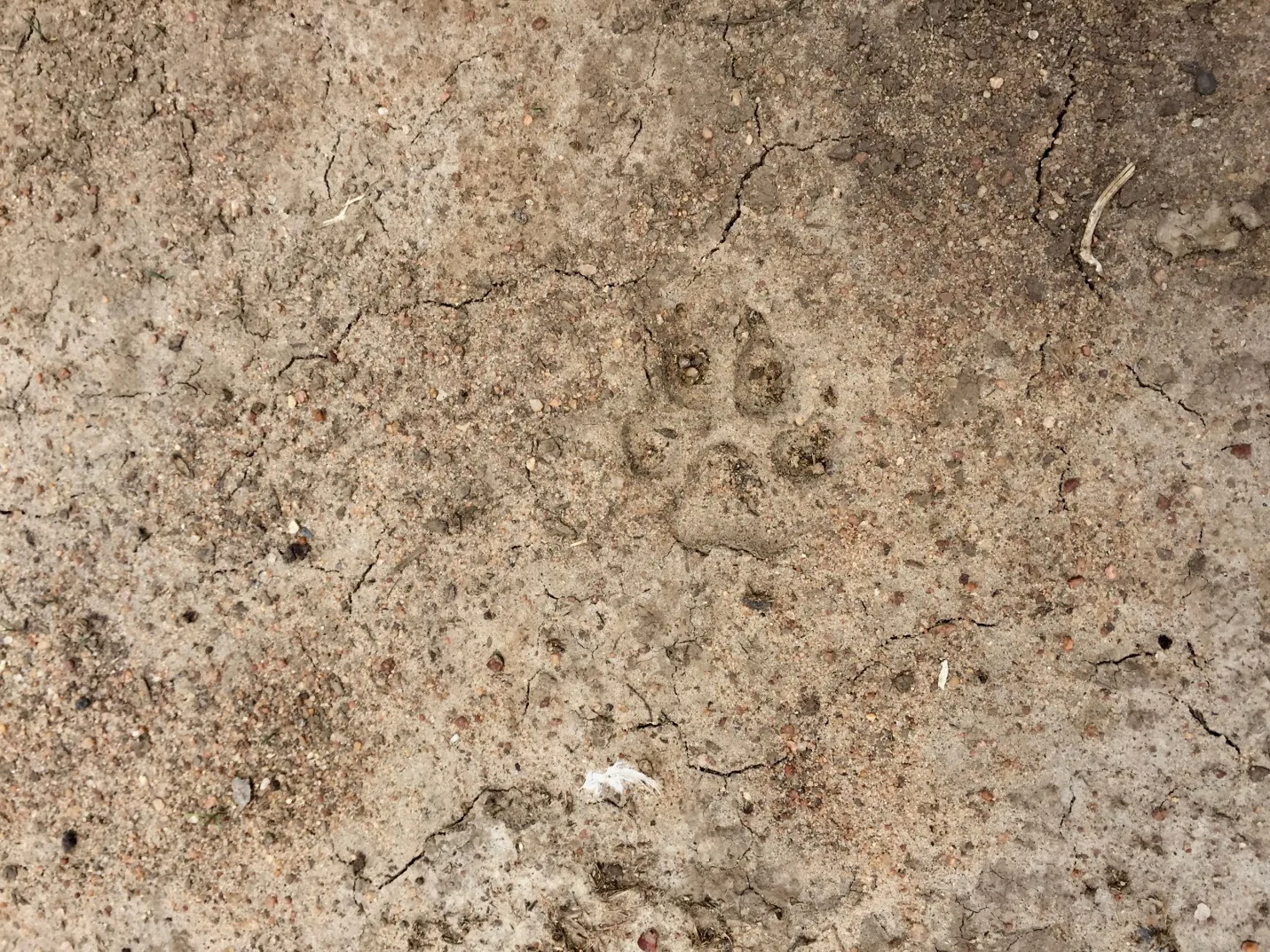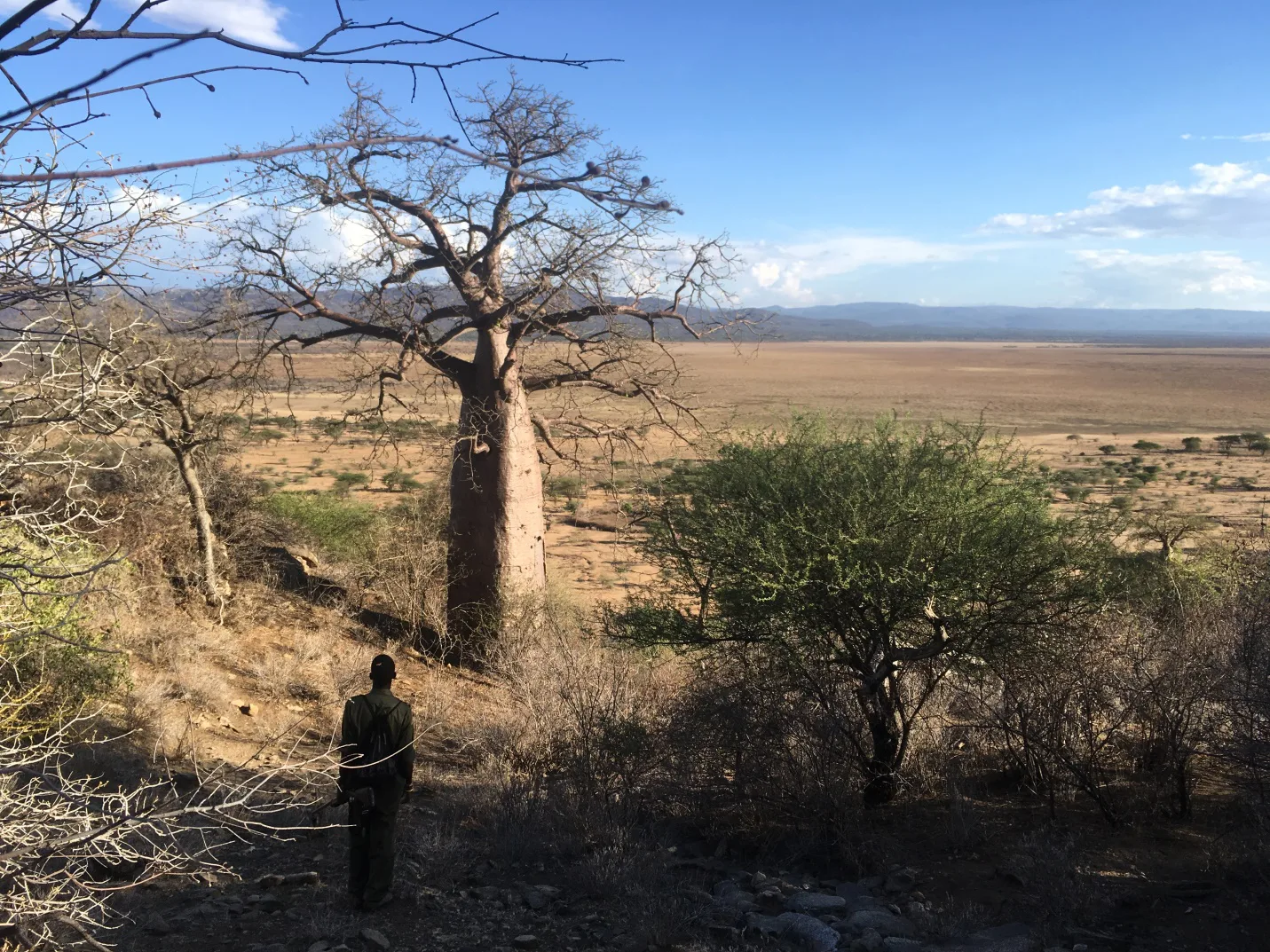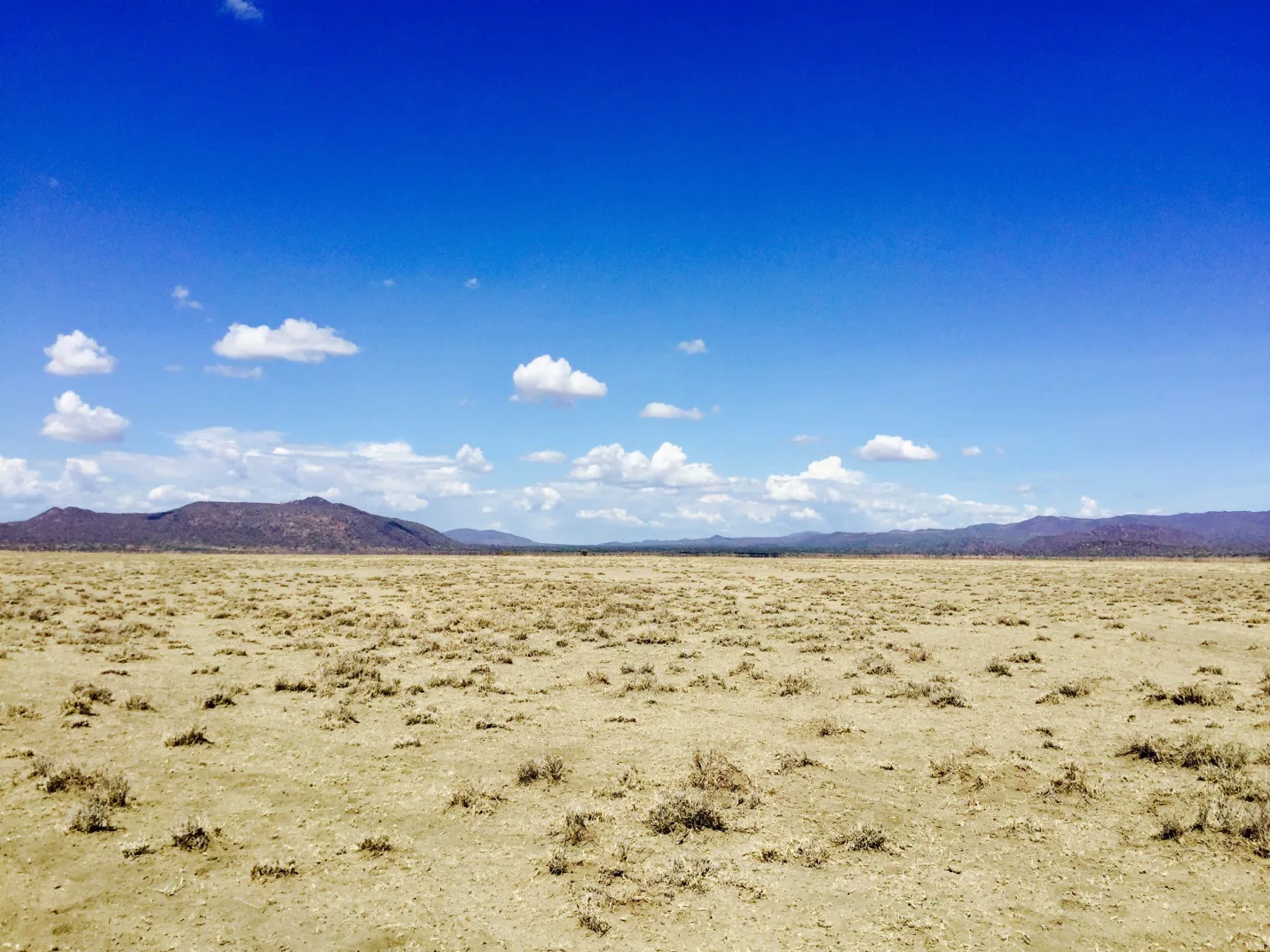Directed Research Adventures in Tanzania
With the data collection portion of our Directed Research (DR) wrapping up, I know that I’ve already learned more about what it means to be an academic than I ever could in a traditional classroom. I think back to the countless scientific papers I’ve read, the endless accounts of data collection, and can now compare those words with what it means to be out in the field. Research is definitely hard work but it’s also so much more rewarding than reading from a textbook.

For the first six days of DR I was lucky enough to travel to Yaeda Valley along with eleven other students, Professor Kiffner, and several of our favorite staff members (not that we don’t love them all). Yaeda is extremely rural, home primarily to pastoralists as well as the Hadzabe tribe, one of the few groups of hunter-gatherers remaining in Africa.
While the Yaeda of today exists as a degraded landscape due to years of overgrazing, it is still a refuge for many species of animals. As such, we spent our time in Yaeda attempting to estimate the size of wildlife populations. Our five days in Yaeda were spent conducting walking transects throughout the region. We set off each morning in pairs accompanied by local guides and spent the day traversing whatever terrain lay in front of us. Some days this meant endless plains, other days we picked our way through dense woodlands, even steep mountains. Along the way we noted each animal sign: giraffe dung, jackal tracks, the occasional gazelle, etc. We would return to our campsite exhausted and care for our blisters, devour our dinners, play games and proceed to spend a good ten hours sleeping. While the work was certainly trying at times (the Tanzanian sun is kali or “fierce”) by the time it came to leave, we all wished we could stay. We returned to Moyo Hill very dirty, slightly sunburned and spent but happy nonetheless.


The following day we set out for our second round of data collection. The next four days were spent traveling to and from villages near Tarangire National Park. We spent the days interviewing villagers to gauge their knowledge and perceptions of wildlife. For me, this experience provided new insights into the day-to-day lives of many Tanzanians.
In the very first interview I conducted, the man described how an elephant had killed his child. Sadly, stories like this were not uncommon. Almost everyone spoke of the havoc wildlife bring to their lives, destroying crops and attacking both livestock and people. As a student studying wildlife conservation, it’s somewhat disheartening to see and hear about the damage that these beautiful creatures create for people who are struggling enough as is.
While a few of the villagers had couches for us to sit on, the majority of interviews took place outside mud huts on small wooden stools. Not a single person I talked to had any form of transportation other than a bicycle and many had either no education or only though primary school. Sitting with people and listening to their stories has further opened my eyes to the hardship experienced by so many people in this area. At the same time, I was continually amazed by the generosity I experienced. We would show up unannounced at a person’s door and they would welcome us inside and provide often upwards of an hour of their time to answer our questions. This is in striking contrast to the States, where people typically close their doors to solicitors, and visitors always call ahead.

Tomorrow we set off on the data analysis section of DR; I know that I’ll miss being out in the field, seeing the wildlife (or at least their poop) and speaking with locals, but I’m also happy for a day in camp. Once again, this is what research is; even if it’s a long day and I’m feeling tired, I can appreciate the fact that I’m studying the things that fascinate me and learning to do the work that I hope to continue to do in the future. So, cheers to DR, it’s definitely been an adventure and today especially, I’m feeling very grateful for the opportunity.
Related Posts

Restoration on a Cinder Cone: A Syntropic Story

